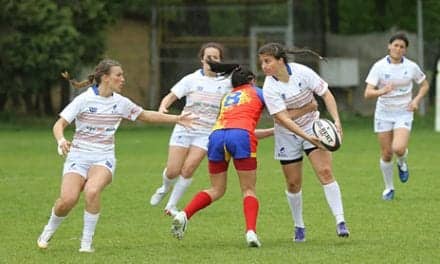Elementary school-aged children who participate in recreational sports are at greater risk of concussion than most other sports-related injuries, according to a new study published in PLOS ONE that focused on children 5-11 years old who play recreational football, soccer, and baseball/softball.
Karen Liller, PhD, professor of community and family health at the University of South Florida College of Public Health followed more than 1,500 athletes each year for 2 years in Hillsborough County, Florida.
She and her colleagues collected baseline neurocognitive data using ImPACT Pediatric, an FDA-approved concussion assessment tool for children ages 5-11. The digital program asks athletes a number of questions pertaining to word memory, sequencing/attention, visual memory, and reaction time. It was administered prior to practice and games to help prevent fatigue from impacting test performance.
Certified Athletic Trainers (ATCs) were hired to collect injury data using High School Reporting Information Online (RIO), an internet-based injury surveillance system. During the two-year study, 26 athletes were injured, 12 were diagnosed with a concussion. Of those concussions, ten occurred during boys’ and girls’ soccer, the remainder happened during recreational softball games, a media release from University of South Florida (USF Innovation) explains.
“To date, research on sports injuries has largely been focused on high school and collegiate athletes. For child athletes, many sports/recreational activities are not organized for reporting injuries, so almost no data for this group have been collected,” Liller says. “No effective prevention strategies can be properly developed without the knowledge of the mechanisms related to these injuries including concussions.”
In addition to noting specific injuries, the RIO records how frequent each athlete participates in their sport, where they were located, and what they were doing when they got hurt, and exactly how it happened. Researchers found the leading mechanisms of injury were caused by colliding with another athlete, contact with a playing apparatus, and contact with playing surfaces. While none of the injuries required surgery, they did result in lost playing time.
The ATCs conducted several follow-up assessments for ImPACT Pediatric on the athletes diagnosed with concussions and found similar findings to baseline levels when they were returning to play.
Liller highly recommends recreational programs utilize ATCs on all sidelines to better monitor concussions and injuries and provide proper pediatric treatment, per the release.
[Source(s): University of South Florida (USF Innovation), EurekAlert]





